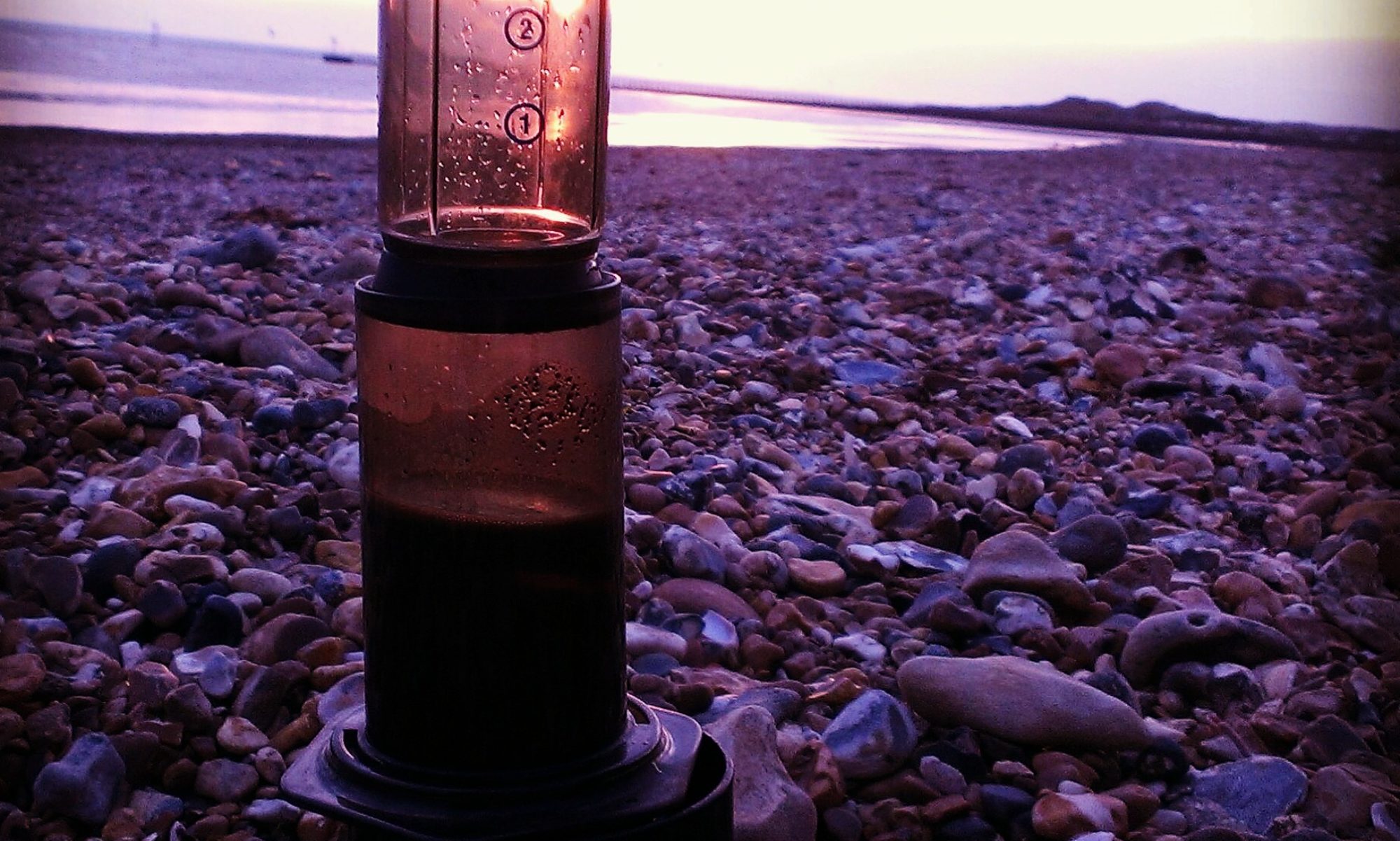In recent years, the coffee industry has experienced what is known as the fourth wave of coffee, which emphasizes the quality of the coffee bean and the ethical practices used to produce it. This movement has led to the emergence of specialty coffee roasters, who are dedicated to sourcing ethically and roasting only the finest coffee beans from around the world.
One such roaster is Redemption Roasters who supply Artistry Coffee. They began operations in Aylesbury Young Offenders Prison with the mission of reducing re-offending rates by providing young people with valuable barista and roasting skills. Today, Redemption Roasters operates in nine prisons and has an expanded roastery facility in HMP The Mount near Hemel Hempstead. The company sources high quality beans and roasts them in small batches.
One of the latest coffees from Redemption Roasters is their Ryamukona, Burundi Ethical Coffee Beans. This coffee is a carnival of colorful flavor notes, with vibrant tropical fruits and punchy citrus tones that will tantalize your taste buds. The taste is a balance of a full juicy body and the mellow sweetness of cantaloupe.
The washing station of Izuba is located in Runinya, in the Kabarore Commune of Kayanza Province in Burundi. Around the Izuba washing station are three luscious green hills – and Ryamukona is one of them. The premium asking price for this coffee helps to support local families by ensuring employees at the washing station are paid 25% higher than other local washing stations.
The preparation process for the coffee is known as ‘honey’ because the coffee once picked and sorted and having skins and pulps removed, is allowed to be dried without washing off the sticky-sweet outer layer. Less time is spent in water (an environmental benefit), and the resulting coffee is generally sweeter, has more body, and a more fruity flavor.
Each bag of Ryamukona, Burundi Ethical Coffee Beans is heat-sealed, with a one-way valve to release gases, yet prevent air intake. The packaging is now 100% recyclable, enhancing the environmentally conscious choice for coffee lovers.
What sets 4th wave coffee apart is its ethical sourcing – something Artistry Coffee is supportive of, and why we’re so pleased to work with Redemption Roasters, who are committed to making a positive difference in the world, one cup of coffee at a time.
When you purchase a bag of Ryamukona, Burundi Ethical Coffee Beans, you not only get to enjoy an exceptional cup of coffee but also support worthy causes.
So why not add this delicious coffee to your cart today and take positive steps towards a more ethical and delicious coffee-drinking experience?




